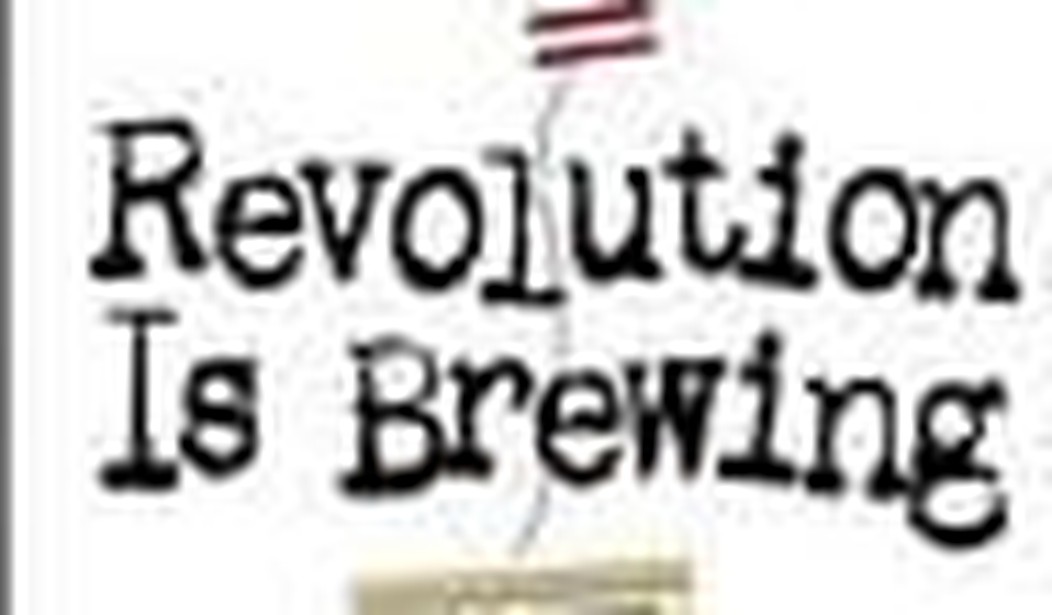At what point does discontent turn to violence?
Economically, we may or may not be close to hitting rock bottom, but policy-wise, this market still has a long way to fall. While there are individual sectors that in normal recessionary times would still be good hedges against further downturns, these days investors don’t seem to be as concerned with equity, value, and earnings as they are with Washington’s proposals. Stable, profitable companies, like many energy firms and pharmaceutical companies, see their equity slashed by the threat of regulation, while others with little prospects for profitability increase in value through the infusion of taxpayer subsidies. This is no way to rebuild an economy.
Unfortunately, the president’s actions have put the country on notice that dependency-building not economy-building is his plan. His budget has the federal government spending an astounding one-third of the nation’s GDP, fully half of which is borrowed from the future.
While his “rescue” plans threaten to create a double-dip recession, they simultaneously court increased corporate reliance on the government for help. Auto manufacturers, banks, and insurance companies are already there — locked into a cycle of dependency. Chrysler and GM want their second bailout while AIG has asked for its fourth. Soon it will be the pension funds of companies and unions, as well as those for state and municipal employees, that will come begging to Washington. The Obama administration gives every indication that it will “help” those who then must depend on them. That, of course, means that Americans who rely on their own investments and see their accounts already battered by the market, will have them further eroded by taxes and inflation.
The risk to the administration — nay, the risk to America — is that when we reach bottom, it won’t be an economic bottom, but a socio-cultural one. Ayn Rand was a great observer of economic principles, but having grown up in Russia, she was less astute about the American psyche. In Atlas Shrugged, her dystopian novel about an overbearing government, the productive protagonist simply refused to produce. That, after all, was the response of Muscovites, who in 1812 burned, then deserted their capitol rather than fight to retain their city in the face of Napoleon’s advancing army. However, passive aggression has never been the American way. Around the same time in American history, General Andrew Jackson dealt with foreign invaders quite differently. His forces slaughtered 2,000 British soldiers two weeks after the war was over, rather than let them reach New Orleans. Americans don’t go John Galt. We go postal.
At some point, protests against mortgage bailouts turn into bricks tossed through the windows of bailed out homes, or baseball bats taken to car dealerships, or Molotov cocktails thrown at bank branches and government offices. When Americans lose hope, instead of taking handouts, they bite those whose hands are out, especially if those hands are holding guns. Worse is that Americans seem less inclined than ever to channel their rising anger into a current political alternative. The last two elections were a denunciation of what the Republican Party had become: a party to Washington’s leaderless excess. But if Barack Obama’s Democrats are similarly denounced by the electorate, I wouldn’t automatically conclude that the pendulum will swing back to the GOP. Instead, I would expect many Americans to look outside the existing political system for real change.
Never in my lifetime have I seen the nation as ripe for a third-party takeover as it is now. But if President Obama and the Democratic Congress further propel the economy down a rat hole, the party that emerges might not be the kind we want. There would be just enough truth in the charge for a demagogue to portray the shambles as the fault of those who took sub-prime mortgages they knowingly couldn’t afford and the bankers who greedily lent them the money. In other words, minorities and Jews. This could become very ugly, very quickly.
We are only a few thousand points and runaway inflation away from a potential societal explosion, and how is the president responding? He is attacking the man he believes is America’s greatest enemy: Rush Limbaugh. It is a pathetic spectacle of leadership. And foolish too, as nothing propels rebellion faster than an attempt to silence rebel leaders. Just ask Polish Communists or the apparatchiks of South African Apartheid.
While America has suffered through severe economic times before, it has never done so when its government is so disconnected from its people. Even during the downturn of the 1970s in the immediate aftermath of Watergate, it was largely the youth that rejected the establishment. Their parents were the nation’s walls that kept rebellion outside the body politic. Today those youth are the parents, and they have yet to show sufficient stability to be the bulwark that keeps barbarians at bay. Meanwhile, President Obama is building his walls with cases of dynamite, while he sits inside and plays with matches.









Join the conversation as a VIP Member